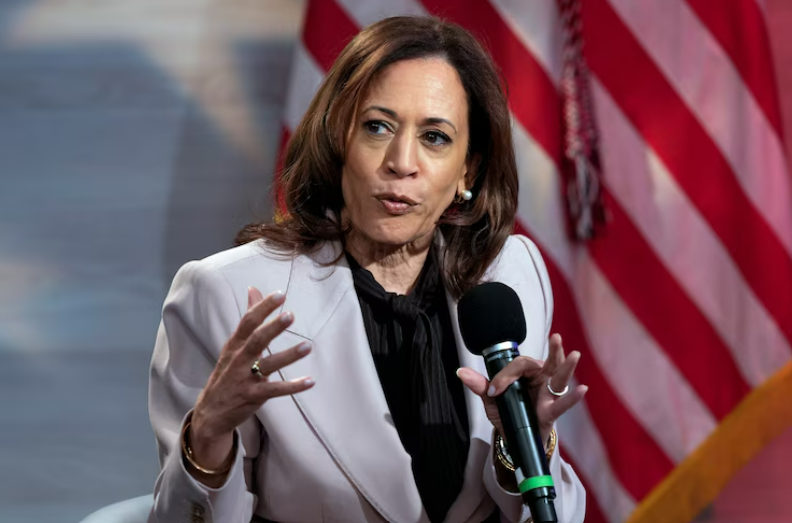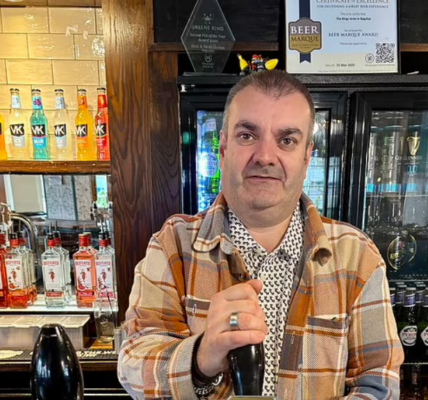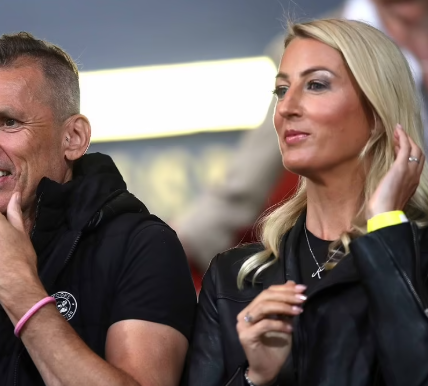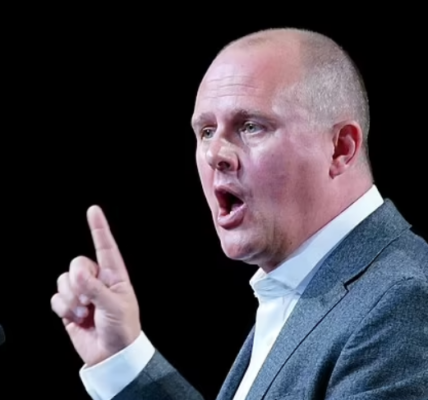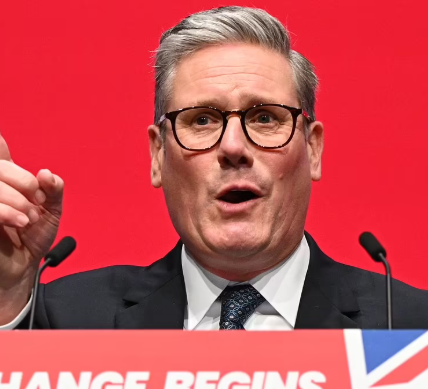Vice President Kamala Harris forcibly criticized what she called “harmful” attacks from former President Donald Trump and his running mate, Ohio Sen. JD Vance, on Haitian migrants in Springfield, Ohio, during a National Association of Black Journalists panel in Philadelphia on Tuesday where she delivered her most extensive comments on the controversy and on race more largely, a topic she has shied away from this cycle.
“It’s a crying shame,” Harris said when asked about Trump and Vance spreading the unsubstantiated claims that Haitian migrants in the small city were stealing and eating neighbors’ pets. “I mean, my heart breaks for this community.”
A spokesperson for the city of Springfield told ABC News the claims are false, and that there have been “no credible reports or specific claims of pets being harmed, injured or abused by individuals in the immigrant community.”
Harris’ comments on Tuesday marked her harshest rebuke of the unfounded claims about Springfield’s Haitian migrants. Despite being asked multiple times by reporters about them, Harris had previously declined to comment.
She called the former president’s comments about migrants in Springfield “exhausting” and “harmful.”
“I think most people in our country, regardless of their race, are starting to see through this nonsense and to say, ‘You know what, let’s turn the page on this,'” she said. “This is exhausting and it’s harmful and it’s hateful and grounded in some age-old stuff that we should not have the tolerance for.”

The vice president said Trump’s comments about the migrants in Springfield have lost him the public’s trust.
“When you are bestowed with a microphone that is that big, there is a profound responsibility that comes with that, that is an extension of what should not be lost in this moment, this concept of the public trust to then understand what the public trust means,” she said. “It means that you have been invested with trust to be responsible in the way you use your words, much less how you conduct yourself, and especially when you have been and then seek to be again, president of the United States of America.”
She called on Trump’s “hateful rhetoric” to stop.
“I know that people are deeply troubled by what is happening to that community in Springfield, Ohio, and it’s got to stop,” Harris told the panel. “And we’ve got to say that you cannot be entrusted with standing behind the seal of the president of the United States of America, engaging in that hateful rhetoric that, as usual, is designed to divide us as a country, is designed to have people pointing fingers at each other.”
A rash of bomb threats have targeted schools, government buildings and elected officials’ homes in Springfield, forcing evacuations and closures. Harris noted that some children in Springfield had to evacuate their schools because of bomb threats on what was picture day for them.
“Children. Children. A whole community put in fear,” she said.

The panel comes just days after an apparent assassination attempt on Trump at his West Palm Beach golf club. The White House said Harris had a “cordial” call with the former president on Tuesday.
“I checked on to see if he was OK, and I told him what I have said publicly, ‘there is no place for political violence in our country,'” Harris said of the call. “I am in this election, in this race, for many reasons, including to fight for our democracy and in a democracy, there is no place for political violence. We can and should have healthy debates and discussion and disagreements, but not resort to violence to resolve those issues.”
Asked if she felt Secret Service could keep her and her family safe, Harris said, “I do.”
“But I mean, you can go back to Ohio, not everybody has Secret Service, and there are far too many people in our country right now who are not feeling safe.”
The panel discussion also featured Harris’s most extensive remarks on race since launching her presidential bid over the summer.
She tied many of her economic proposals to the Black community, including her small business tax credit, saying “part of what I also know is that our young Black men, our Black men, just like any group of people … are really the backbone of our economy overall. And when they do better economically, we all do better.”
But in the time since she got into the race, at a similar NABJ panel interview in July, Trump got into a fiery back-and-forth with reporters and falsely questioned Harris’ race.
“So I’ve known her a long time, indirectly, not directly, very much, and she was always of Indian heritage, and she was only promoting Indian heritage,” Trump said during that heated exchange. “I didn’t know she was Black until a number of years ago, when she happened to turn Black, and now she wants to be known as Black. So I don’t know, is she Indian or is she Black?”

Harris — the child of an Indian mother and Jamaican father, both immigrants to the United States — has not directly responded to Trump’s comments. In an August interview with CNN, after being asked to comment on the personal attacks Trump has lobbied at the vice president surrounding her racial identity, Harris dodged.
“Same old, tired playbook,” she told the network. “Next question, please.”
And when asked to comment on the same attacks during ABC News’ debate last week, instead of speaking about her own racial identity, Harris chose a more generic answer.
“I think it’s a — a tragedy that we have someone who wants to be president who has consistently over the course of his career attempted to use race to divide the American people,” she told ABC News’ David Muir.
Harris is not new to people falsely questioning her “Blackness.” During her presidential run in 2019, Harris faced questions about whether she was Black enough to identify as a Black candidate.
“I’m Black, and I’m proud of being Black,” Harris said on “The Breakfast Club” radio show in February of that year. “I was born Black. I will die Black, and I’m not going to make excuses for anybody because they don’t understand.”
